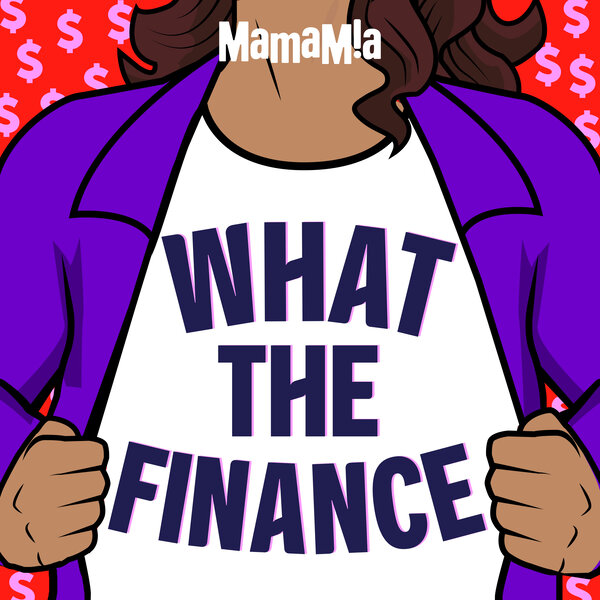
Would you rather tell a roomful of people your favourite sex position, or your salary?
Money. It's a particularly intimate topic.
Sitting alongside topics like sex, politics, and religion on the "do not talk about" scale, it's no wonder that only 62 per cent of young Aussies feel comfortable speaking about finances with their partner.
Watch: 5 money lessons your parents told you, that you should probably forget... Post continues below.
But, when couples are likely to argue about money on average, twice a month, it's pretty important you get your partner across your financial situation to future-proof your relationship.
This week on the final episode of Mamamia's money podcast, What the Finance, Financial expert, Melissa Browne and actress, Pallavi Sharda chat all things love and money.
So, no matter what stage you're at in your relationship, here are our four biggest takeaways from the ep.
What the f*ck is Sexually Transmitted Debt?
Put simply, Sexually Transmitted Debt is debt that you receive as a result of being in a relationship. Pretty broad, right?





























































































